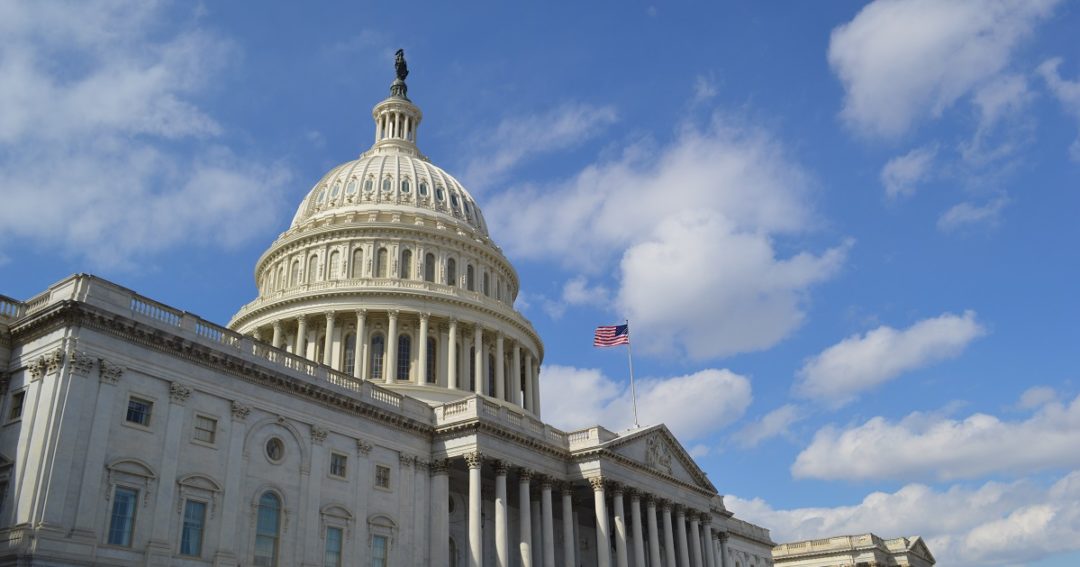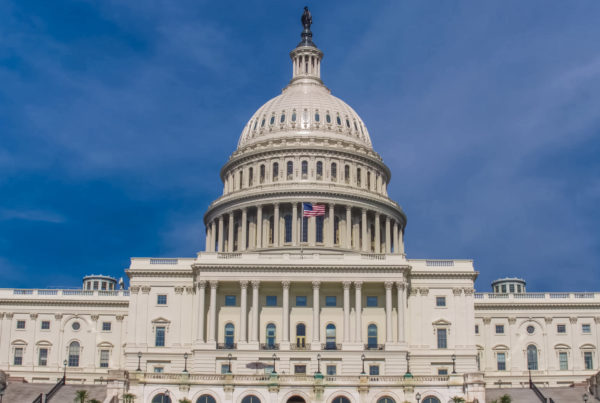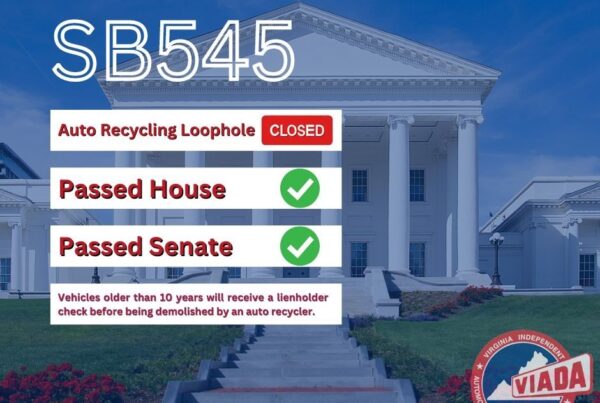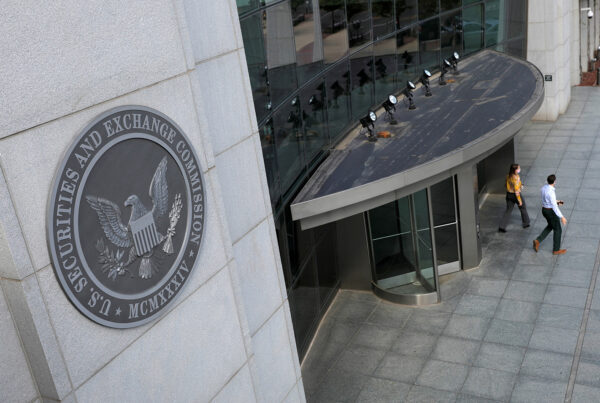NIADA partnered with industry leaders including AFSA, American International Automobile Dealers Association, NADA, Alliance for Automotive Innovation and Autos Drive America in a letter to Congress expressing opposition H.R. 5912 – the Close the ILC Loophole Act.
This bill as drafted will adversely impact the vehicle industry by eliminating decades-long Industrial Loan Company (ILCs) charters and unnecessarily creating a prohibition on future auto-related businesses seeking an ILC charter.
These financial institutions help support a range of functions within the auto industry, including vehicle finance providers and their affiliates, auto dealers, and the customers they serve nationwide. ILC charters uniquely benefit niche industries like the vehicle sector by providing credit products and services not generally offered by traditional financial institutions.
Full letter can be found below:
June 13, 2022
The Honorable Maxine Waters
Chairwoman
House Committee on Financial Services
Washington, D.C. 20515The Honorable Patrick McHenry
Ranking Member
House Committee on Financial Services
Washington, D.C. 20515Dear Chairwoman Waters and Ranking Member McHenry:
The undersigned organizations, trade associations and companies that represent a significant portion of the American vehicle industry, write today to urge the House Committee on Financial Services to oppose H.R. 5912 – the Close the ILC Loophole Act. This bill as drafted will adversely impact the vehicle industry by eliminating decades-long Industrial Loan Company (ILCs) charters and unnecessarily creating a prohibition on future auto-related businesses seeking an ILC charter.
Today, there are several vehicle finance companies operating with ILC charters. These financial institutions help support a range of functions within the auto industry, including vehicle finance providers and their affiliates, auto dealers, and the customers they serve nationwide. ILC charters uniquely benefit niche industries like the vehicle sector by providing credit products and services not generally offered by traditional financial institutions.
At the height of the COVID-19 pandemic, vehicle companies with ILC charters were qualified by the Small Business Administration to lend funds from the Paycheck Protection Program. This allowed some to quickly provide critical economic assistance to local dealerships, supporting small businesses and keeping thousands of workers employed during a public health crisis.
Like other insured financial institutions, ILCs are supervised by the Federal Deposit Insurance Corporation (FDIC) and chartered under state banking authorities. The Congressional Research Service has noted, “ILCs are subject to the same laws and regulations as all state banks.” Additionally, they are subject to safety and soundness requirements and must comply with federal consumer protection, community reinvestment, and anti-money laundering laws.
When Congress passed the Competitive Equality Banking Act of 1987 (CEBA), it intentionally separated ILCs (and other types of financial institutions) from the Bank Holding Company Act (BHCA) and required ILCs to be FDIC-insured. In addition, Congress has requested the Government Accountability Office to study the safety and soundness of ILCs several times and has not recommended a significant change or repeal of this unique regulatory structure.
Given the dramatic nature of the drafted Close the ILC Loophole Act, we encourage Congress to reconsider legislation that curtails transformative financial innovation. ILCs help vehicle
businesses further differentiate their products and services, facilitating greater market competition and reducing potential corporate consolidation, especially during various economic cycles.
As the American vehicle industry moves through the 21st century with a renewed focus on prioritizing investments in a clean energy economy and expanding domestic mobility, we hope Congress can work together without hampering resources within a rapidly changing landscape and highly competitive global marketplace.
Thank you for your consideration regarding this important issue.
Sincerely,
Alliance for Automotive Innovation
American Automotive Policy Council
American Financial Services Association
Autos Drive America
American International Automobile Dealers Association
BMW Bank of North America
Ford Motor Company
National Automobile Dealers Association
National Independent Automobile Dealers Association
Nissan Motor Acceptance Company
Toyota
VW Credit, Inc.





